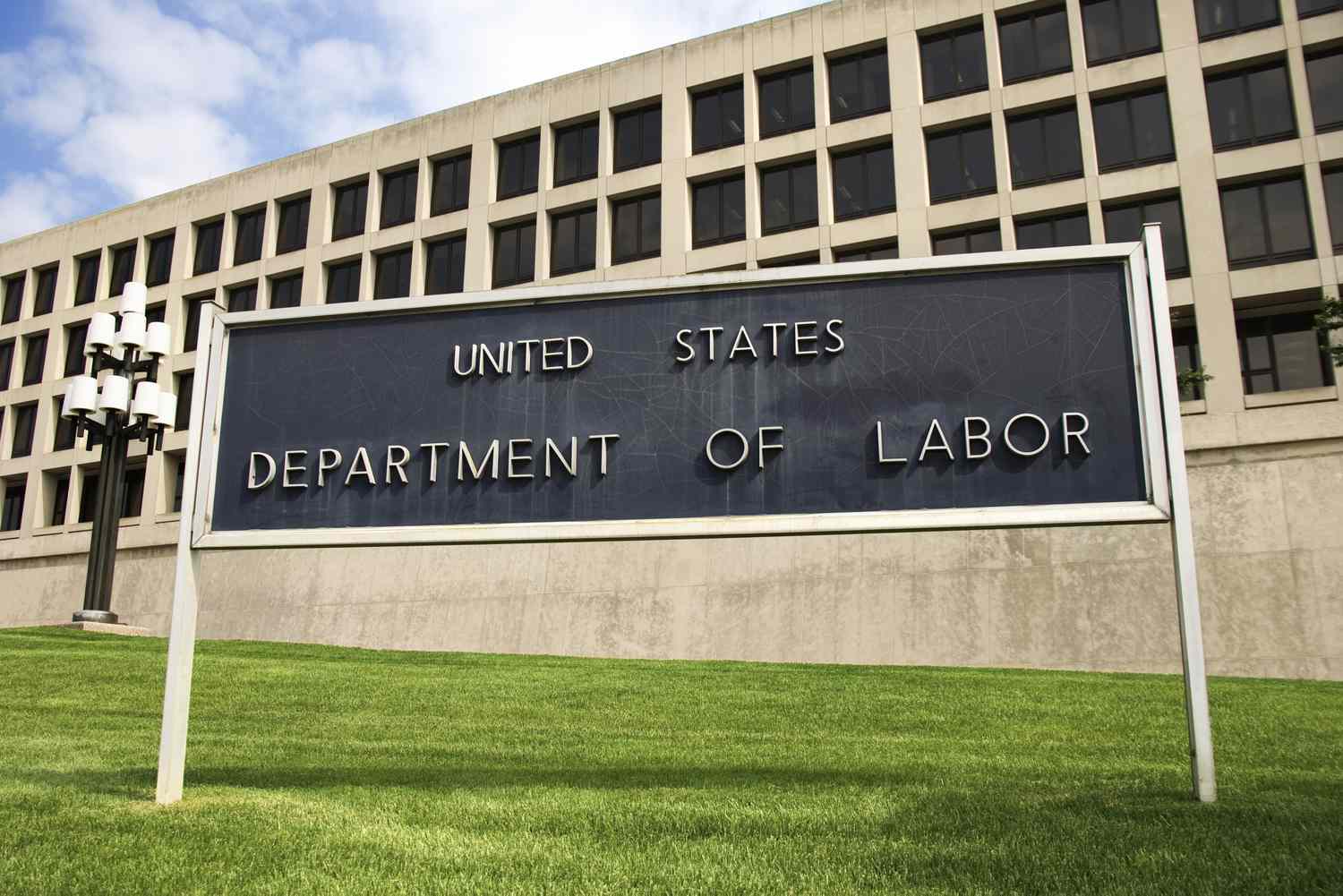“Beyond Buzzwords: let’s explore the Practical Impact of DOL’s Game-Changing Rule!

“Beyond Buzzwords: let’s explore the Practical Impact of DOL’s Game-Changing Rule!
I wanted to share some noteworthy developments that could impact both workers and employers in our professional landscape.
The U.S. Department of Labor (DOL) has just rolled out a final rule, and let me tell you, it's got everyone in the HR and employment law sphere buzzing! 🐝 The focus? Nailing down the distinction between employees and independent contractors. Why does this matter, you ask? Well, misclassification can have profound implications—think taxes and more—for both parties involved.
The DOL has introduced an economic reality test to tackle the issue head-on. 🎯 This test aims to assess the true nature of the working relationship, ensuring that employees are properly classified and not erroneously labeled as independent contractors or vice versa. Now, this isn't just another bureaucratic hoop to jump through; it's a significant step in safeguarding the rights and responsibilities of workers and employers alike.
As someone deeply passionate about fostering fair and transparent work environments, this development has caught my attention. 🤓 Let's break it down a bit.
For workers, the correct classification means proper entitlements—things like minimum wage, overtime pay, and benefits that employees rightfully deserve. It's about ensuring that the workforce is treated fairly and has the protections it needs.
On the flip side, for employers, this rule is a guide to navigating the complex landscape of employment relationships. The clarity provided by the economic reality test can save businesses from unintended legal consequences, helping them build more robust and compliant workforce structures.
But hey, I'm not just here to highlight the regulatory nitty-gritty. I'm also curious about your thoughts on this! 💭 How do you think this rule will impact your industry or the way you work? Share your insights in the comments—I'd love to hear your perspectives.
And let's not forget the ripple effect on taxes! 💼 The correct classification of workers influences tax obligations, both for individuals and businesses. So, accountants and tax professionals, buckle up—there might be some changes on the horizon.
As we navigate these evolving landscapes together, let's stay informed and engaged. Knowledge is power, and understanding the implications of such rules empowers us all to contribute positively to our workplaces.
In conclusion, I'm thrilled to witness the proactive steps being taken to ensure fairness in our professional ecosystems. 🌐 Let's embrace these changes, adapt, and continue building workplaces that prioritize equity and respect.




